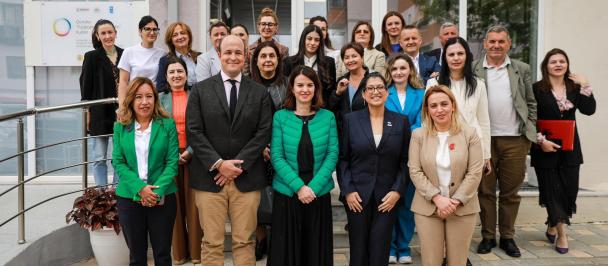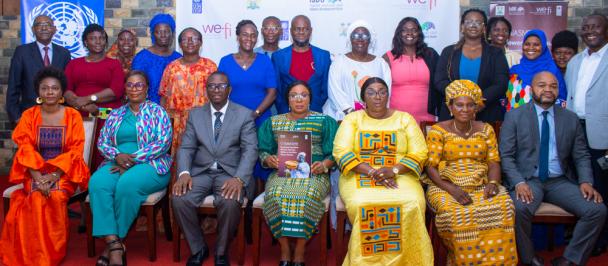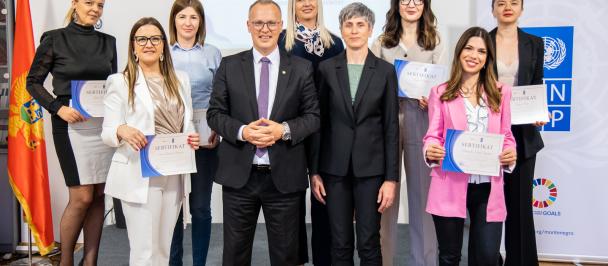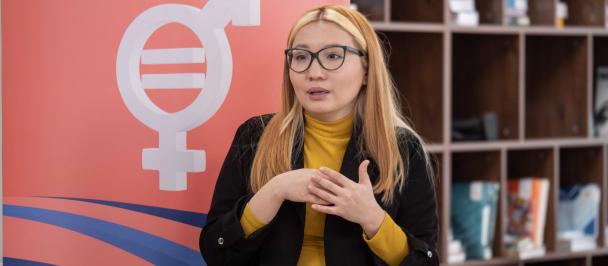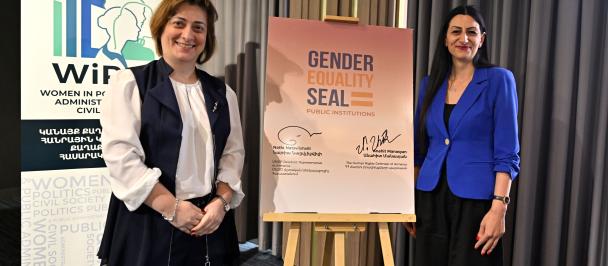“Solidarity to End Violence”- Adopting of ‘Do No Harm’ approach in Timor-Leste
July 6, 2022
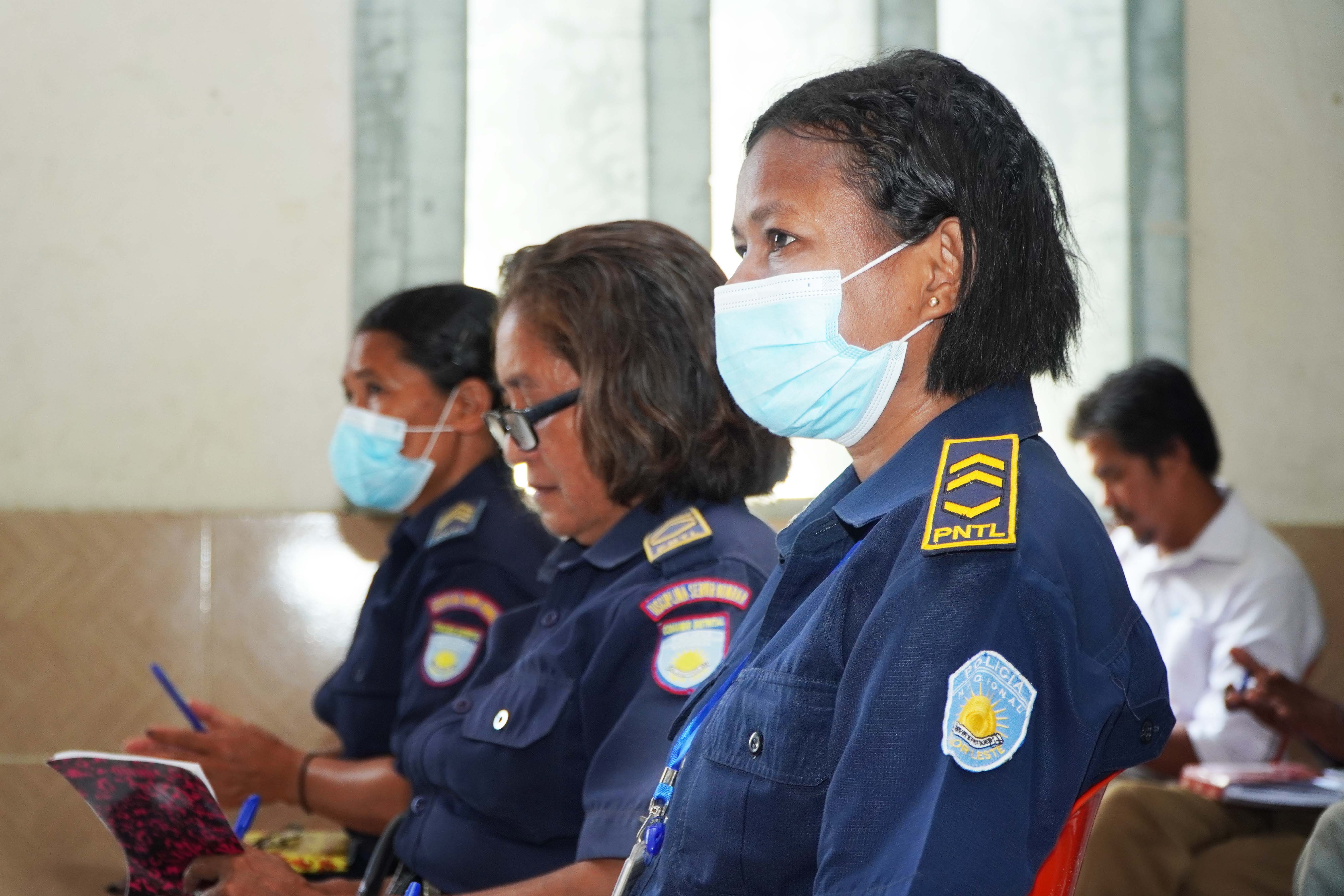
Irene Kobesi, a police officer working with the Vulnerable Person’s Unit (VPU). She joined the ‘Do No Harm’ seminar to strengthen her knowledge of ‘Do No Harm’ approach
Viqueque, Timor-Leste
The EU-UN Spotlight ‘Do No Harm’ workshop on ethical and safe approach when responding to cases of gender-based violence (GBV) was held in municipality of Viqueque, Timor-Leste. In collaboration with UNDP Timor-Leste, the ‘Do No Harm’ workshop has been conducted in three municipalities, Bobonaro, Ermera and Viqueque to support the local communities to adopt ‘Do No Harm’ approach, namely ethical and safe method when responding to cases of Violence Against Women and Girls (VAWG). The ‘Do No Harm’ workshop aims to promote better understanding of VAWG which interlinks with mental health of the survivors. Civil Society Organizations (CSOs), local authorities and Justice Institutions that work closely on VAWG and GBV gave lectures, shared their hands-on experiences, and discussed about how to response and prevent VAWG with participants, including school teachers and students.
Irene Kobesi works as the PNTL (Policia National Timor-Leste) First Sergeant in Vulnerable Person Unit (VPU), supporting survivors of Violence Against Women and Girls (VAWG). She said “I participated in the ‘Do No Harm’ workshop, because, as a VPU officer, my duty is to protect women and girls.” At the workshop, interconnections between VAWG and mental health of the survivors were underlined to understand the wider perspective of VAWG: survivors are harmed not only when they received violence, but also when they receive indiscreet questions about the sexual violence during the judicial process.
During the ‘Do No Harm’ workshop, it was emphasized that better understandings of VAWG and strong cooperation with local authorities are crucial to eliminate VAWG at the community level. Maria Odete do Amaral, a Chief of Village in Viqueque, said “I really wanted to join this seminar because this is essential for me as a community leader. I can share what I learned in this seminar with my community, and those who experienced violence, mostly women and girls.” While “prevention of domestic violence can start from family. If we have knowledge in VAWG, domestic violence can be prevented in the early stage. If we solve family issue with violence, our children never learn how to solve problem without violence” stated by Jose Delima, a Coordinator of Public Defender.
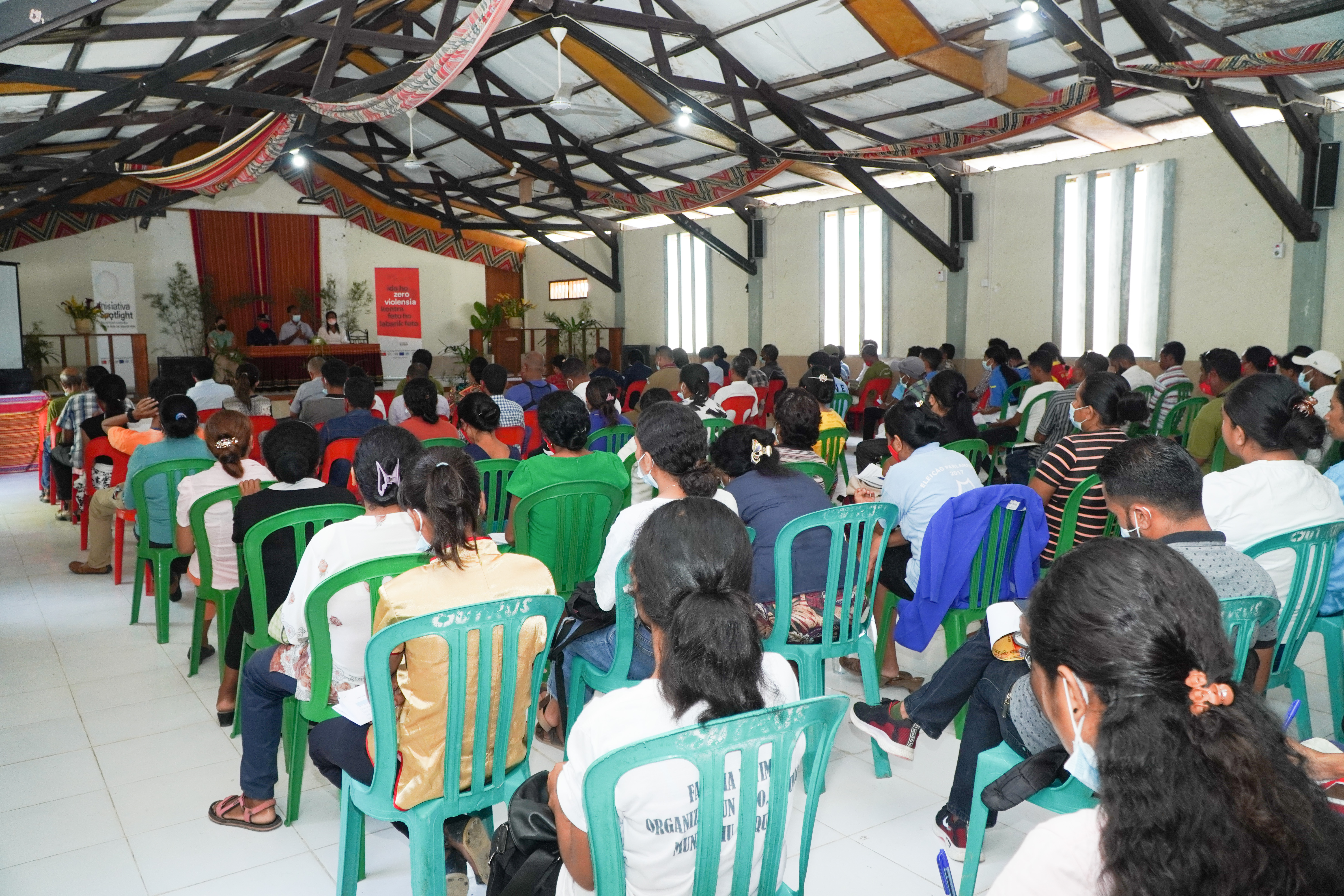
150 people and 12 guest speakers participated in the two-day ‘Do No- Harm’ workshop in Viqueque
In Timor-Leste, climate change also exacerbates cases of VAWG. In the interview, Irene shared her experience in the flash floods during March 29th -April 4th 2021, resulted in disastrous landslide that produced more than 15,000 internally displaced people right after the disaster. She addressed “last year, we experienced the catastrophic flood. Some people were traumatized, because they didn’t have place to live, and experienced violence from their partners. We provided support to those who suffered from both flood and violence. If their houses are not safe to live, we contacted local authorities to provide them an emergency shelter.”
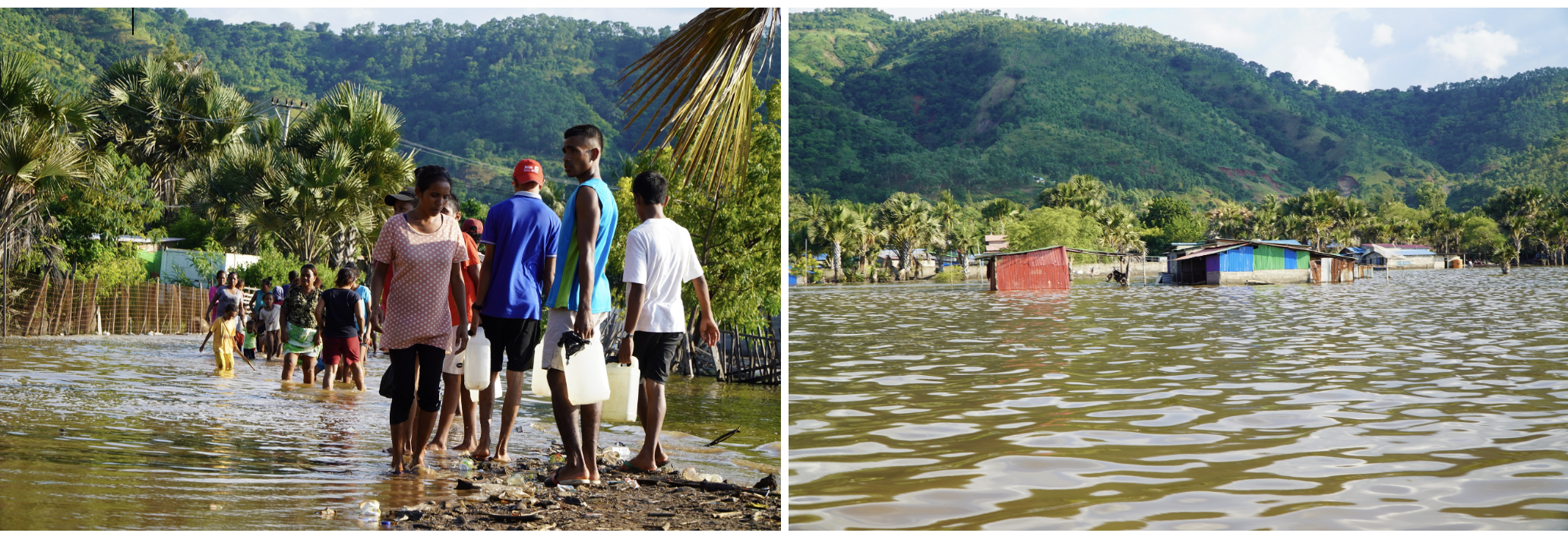
Heavy rains during March 29th -April 4th 2021 caused the flash floods and landslides across all 13 municipalities in Timor-Leste
To respond and prevent VAWG, a bottom-up approach to adopt ‘Do No Harm’ at the community level is essential, because the causes of the violence are deeply connected to the social context of Timor-Leste. “Together, we can end violence against women and girls” concluded Irene.

 Locations
Locations